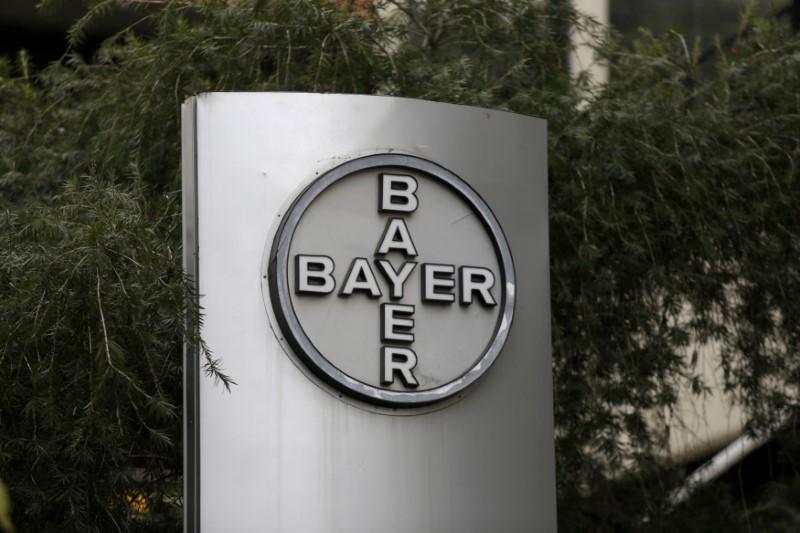CAPE GIRARDEAU, Mo.—A jury on Saturday awarded $265 million in punitive damages to a southeastern Missouri peach farmer who argued that weedkiller dicamba that had drifted onto his orchards from other farms had severely damaged his trees—an award that could bode well for other farmers suing the chemical’s makers.
The punitive damages awarded to farmer Bill Bader, of Campbell, came a day after the jury awarded him $15 million in actual damages, agreeing with his argument that dicamba had drifted over from other farms and severely damaged Bader Farms, which is one of the largest peach farms in Missouri. Bader’s attorneys argued that his trees likely wouldn’t survive the dicamba exposure, The St. Louis Post-Dispatch reported.





